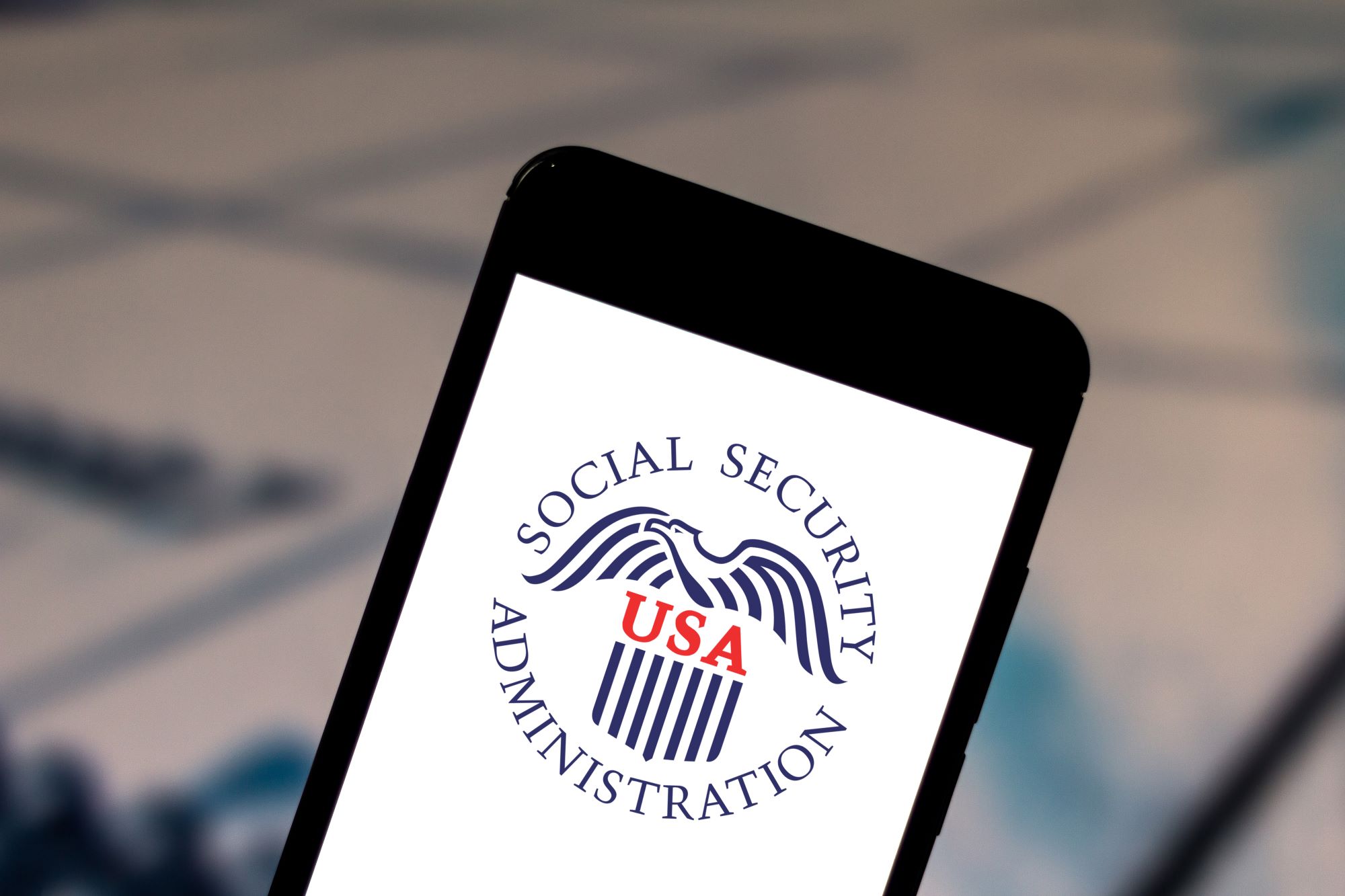by Elliot Massuda, Foothold Technology
Recently, through publications and organizations publishing reports and thought pieces, there has been a lot of attention on the care economy. For example, I came across a Harvard Business Review report from 2019 that illuminates recent trends surrounding the care economy topic, specifically the informal – or unpaid – care economy and the role of the employer and the employer’s benefits system on how an employee experiences their care-requiring situation.
The report illustrates how being a “caring company” can provide a win-win for both the employer and the employee. It also shows, through surveyed reports, the “misalignment between what companies currently provide and what employees need” in terms of the care economy, which can result in millions of lost dollars and high employee turnover for companies.
Harvard Business Review is not the only publication realizing the magnitude of this ‘misalignment’. For example, a 2020 AARP report estimated that, today, more than 1 in 5 Americans (21.3 percent) are caregivers, having provided care to an adult or child with special needs at some time in the past 12 months. This percentage totals to an estimated 53.0 million adults in the United States, up from the estimated 43.5 million caregivers in 2015.
The size and scale of the shifting needs of both employees and employers around the care economy is impressive. There is an immediate need to address the care economy topic and become industry leaders in terms of what a company can offer its employees to address this surge in need for unpaid care. Foothold Technology might serve as an example to other employers in reworking and bettering the ways they support their employees in their care-requiring scenarios, and in creating long-lasting benefits for organizations.
With the care economy front and center stage for so many right now, below are four concepts that I think organizations can consider.
Corporate Culture
Culture is the first thing that sparks my interest in the conversation around the care economy. Culture can be a great first item to assess when companies decide they want to get serious around supporting their employees’ care-giving needs. A culture that promotes free and open communication and empowers its employees to express themselves honestly is crucial for employees over the long run.
Employees will not feel safe expressing their concerns around caregiving needs if they feel that it may ultimately impact their future mobility within the company, or even their job security. The Harvard Business Review report illustrates that management at a ‘caring company’ will have “to demonstrate commitment both by acknowledging its employees’ care concerns and by investing in innovative solutions. It will require buying into a culture of care, an investment that goes beyond dollars to include time and leadership.”
From personal experience, it can be a lot to juggle caregiving needs, and having the support of your company is invaluable. Back in 2010, I started working with Foothold Technology and I was based in New York City. In early 2011 my mother was diagnosed with terminal cancer. I will always remember how my company handled my situation when I made the decision to relocate to Indiana so I could spend the last few months with her.
Looking back, my company was very supportive and allowed me to work remotely while providing needed flexibility to address both my professional and personal needs. Flash forward 12 years and I’m still with Foothold Technology because of their awareness of their employees’ caregiving needs. The culture they created was integral to my story, and creating a culture where employees know they can openly and honestly discuss their concerns – personal or programmatic – goes a long way.
Potential Benefits
Employees have various caregiving needs throughout their tenure with a company or organization. Many times companies focus a lot around family planning yet frequently overlook benefits surrounding other caregiving needs for employees. How frequently have you seen care-oriented benefits highlighted in a job posting? The survey in the Harvard Bunsiness Review report brings attention to the needs of employees providing care for a parent, a friend, spouse, or others.
The report states, “when employers focus on maternity and adoption as a superordinate care event, they invariably underestimate the impact of an array of other care events that affect a significant percentage of workers over the course of their working lives.”
The COVID-19 pandemic really hit the article’s point home and continues to show the struggles that employees are having to meet their caregiving needs. Right now a lot of people, including myself, are struggling to meet the demands of performing well at work as well as at home. Our company did, and continues to do, a great job providing benefits that alleviate the added stress that comes along with juggling caregiving needs and work performance during COVID. There are an array of benefits that employers can offer to employees and below are a few that resonated with me.
- Flexible work hours
- Work from home options
- Designing career paths with caregiving needs in mind
- Counseling services
- Subsidy for child care and/or elderly care
If employers approach caregiving benefits with an employee retention lens, there will be a positive impact, without a doubt, for the employee and the company.
Diversity, Equity & Inclusion
Diversity, Equity and Inclusion (DEI) considerations are a focus right now and should also be considered when surveying employees caregiving responsibilities. For example, caregiving responsibilities typically fall on women, and this trend needs to be understood by companies looking to implement caregiving benefits.
The same report states, “women in the United States shoulder a disproportionate share of the unpaid caregiving workload. Despite the rate of labor-force participation for American women aged 25−54 rising from 50% in the 1970s to nearly 75% by 2017, women are still an overwhelming majority (75%) of caregivers. Moreover, women tend to deal with the more difficult tasks of providing eldercare (bathing, toileting and dressing) than men. Even in married, two-income households, women are three times more likely to be the spouse carrying the additional ‘mental load’ of everything from registering children for extracurricular activities and setting their schedules to managing family finances and handling many home maintenance tasks.”
If we are looking for equity in the workplace we need to strive to understand the employees’ caregiving needs. In many ways, DEI and care economy topics go hand-in-hand.
Alignment
One of the most surprising things to witness is the misalignment between employees and employers attempts to understand one another. We are all human and the human experience itself invariably requires both the providing and receiving of care. Trying to align caregiving or receiving needs and professional corporate needs can be challenging.
Companies need to be aware of these needs and respond accordingly so they are not surprised by a change in performance. The survey in the Harvard Business Review report found that “only a minority of employers (24%) responded that caregiving influenced workers’ performance. In contrast, more than 80% of employees with caregiving responsibilities admitted that caregiving affected their productivity—specifically, their ability to perform their best at work all the time (33%), most of the time (14%), and sometimes (36%).” Companies need to take a more active role in addressing the disproportionate gap in understanding between employee and manager/employer.
What I appreciate about Foothold Technology is the continued attempt to understand their employees. We are consistently being surveyed, and our CEO provides office hours as well as “fireside chats” to ensure he has a pulse on the employees. I know that employers can not address all employees’ concerns, but awareness of those concerns is critical.
These are very unique times and the COVID-19 pandemic really highlighted the challenges around caregiving and the care economy, as well as how caregiving is valued in America. This focus on caregiving is inevitable and necessary for employers to realize, and I’m interested to see what happens in the coming years. I’m proud to work for a company that has already taken steps toward becoming a “Caring Company.”
Elliot Massuda is Strategic Partnerships Manager at Foothold Technology. Foothold Technology’s software helps transform the way you provide care. Visit us at footholdtechnology.com.
Stay Informed on the Latest Research & Analysis from ANCOR
More News
Industry Insights: April 2024

SSA’s Overpayment Overhaul

Stateside Report: March 04, 2024


